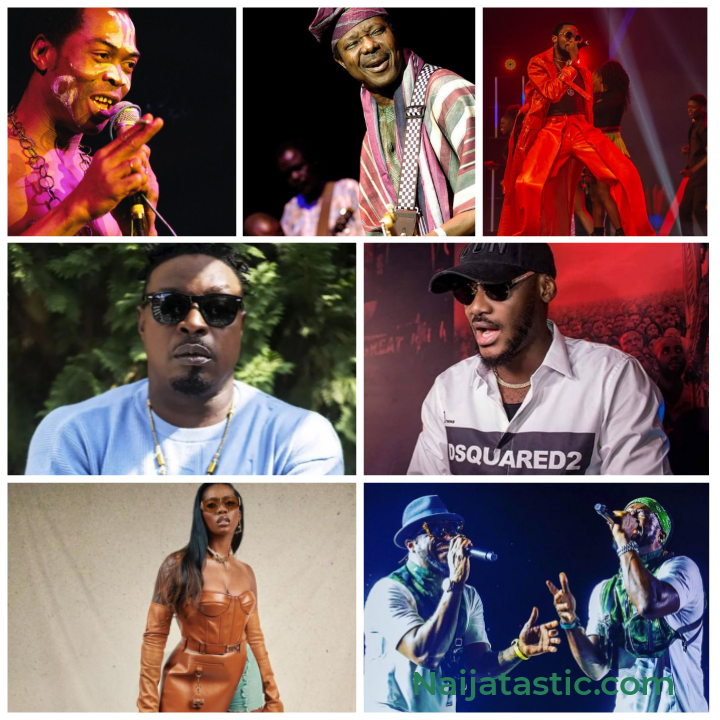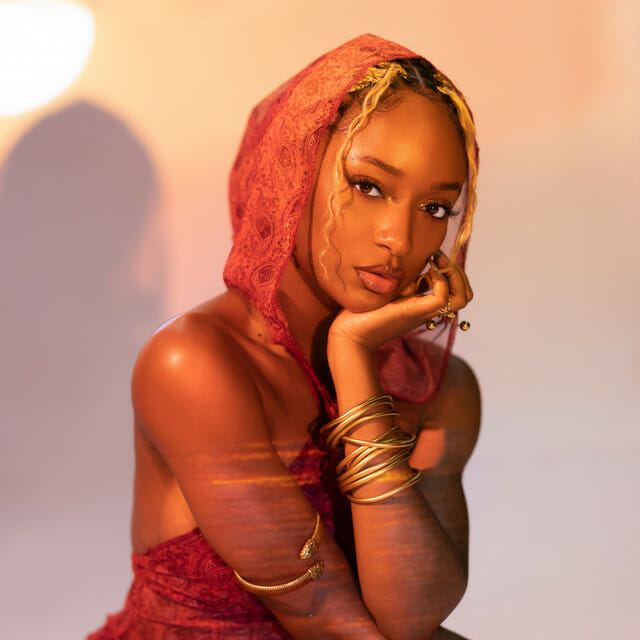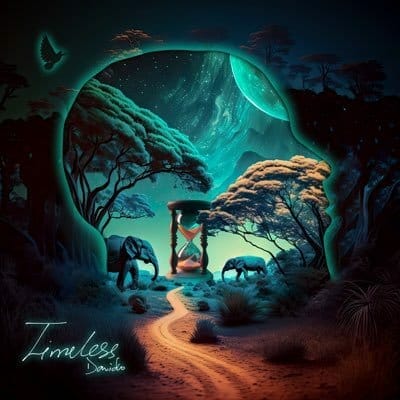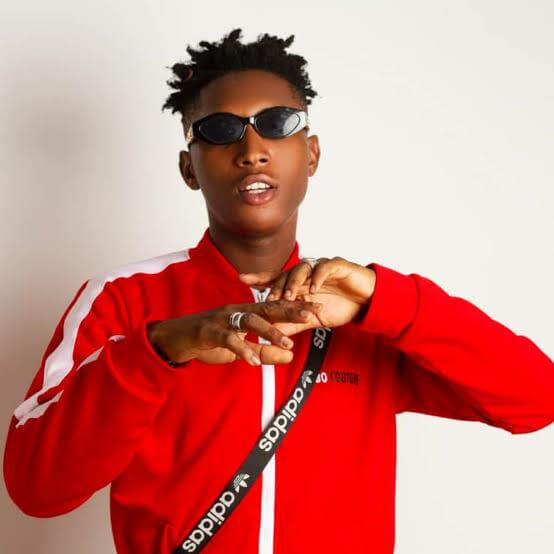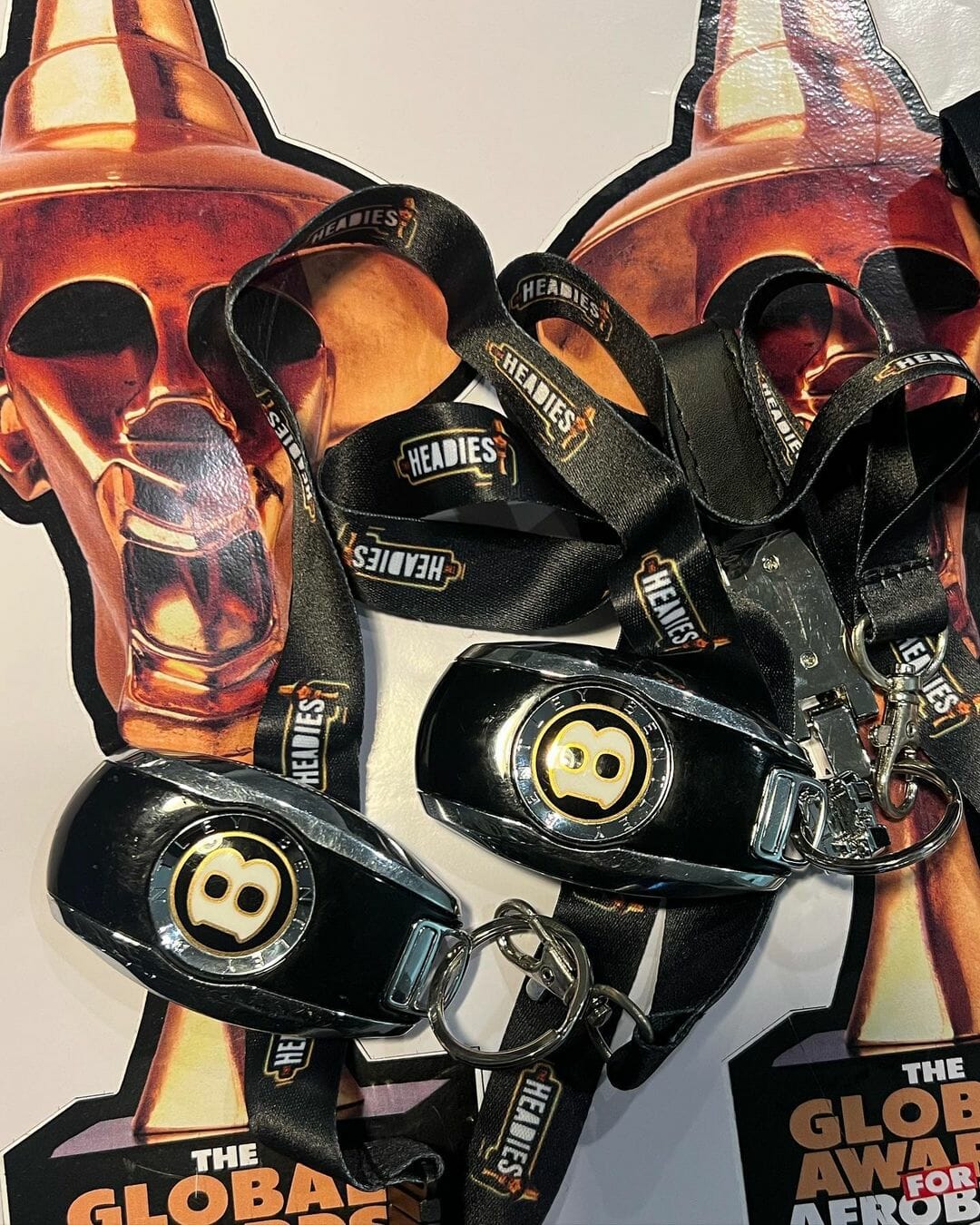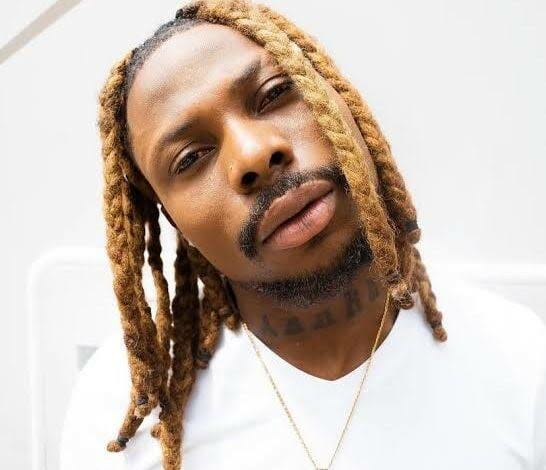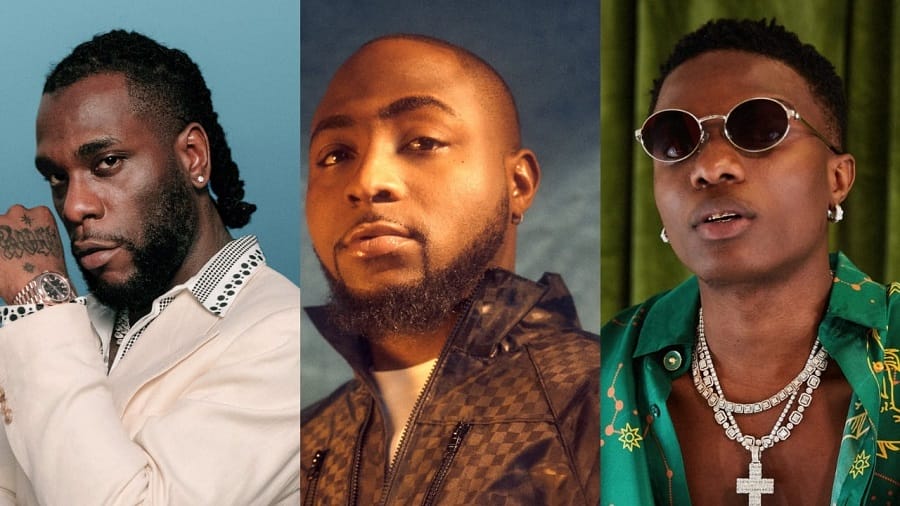Traditional Nigerian music originated from a practical purpose in earlier times and was frequently performed to mark rites like weddings or funerals. Agriculture also served a purpose. As a result, to keep themselves motivated, laborers in the fields and on canoes sang work songs. Northern farmers were expected to provide musicians when they worked on one another’s farms. The musician motivated the other working farmers by singing laudatory songs about his client and the group as a whole.
The music of Nigeria is diverse, encompassing both folk and mainstream genres. The various ethnic groups that make up the country each have their own distinct musical styles, instruments, and songs. Prior to the arrival of the Europeans, nothing is known about the history of music in the country, despite the discovery of bronze engravings from the 16th and 17th centuries that show performers and their instruments.
Indigenous, Apala, Jùjú, Ogene, Fuji, Afrobeat, Afrobeats, Afro-juju, Igbo Highlife, Waka, Igbo rap, Yo-pop, as well as Gospel are the genres most well-known internationally from Nigeria. The Igbo, Hausa, and Yoruba are the three major ethnic groups. The majority of the time, traditional music from Nigeria and other parts of Africa is performed to mark a rite, like a wedding or funeral, rather than to further artistic objectives.
Although some Nigerians play instruments for fun, particularly children and the elderly, solo performances are often uncommon. There are limitations on, for instance, which instruments may be played at various times of the planting season because music and agriculture are closely related.
A typical genre of traditional Nigerian music is work songs. They assist in maintaining the rhythm of field laborers, river canoes, and other sectors. Women use intricate rhythms to perform housework, such as pounding yams to ornate music. Farmers collaborate on one another’s farms in the northern areas, and the host is supposed to provide musicians for his peers.
The Big Shift in The History of Nigerian Music
Nigerian music is without a doubt some of the most dynamic and engaging in the entire world. Each genre, from juju to highlife to afrobeat, is vibrant and rich. But many people are unaware of the long history of Nigerian music, which spans several generations. Today’s Nigerian musicians primarily perform R&B, Hip Hop, and Reggae.
A very strong position is also taken by Nigerian gospel music. It originated from the combination of choral performances of evangelistic hymns. This unique musical genre, which combines jazz and blues with choral compositions, is particularly well-liked in Nigeria and around the world. Numerous modern Afrobeat artists work to create their own distinct styles by fusing folk components with different performing traditions.
People Also Read: The 45 Nigerian Artists Of The Decade
The 1930s
Early Nigerian Fusion Jùjú music was created in the Nigerian city of Lagos, and it primarily consists of talking about people and things in a style akin to early rap music (but with less profanity). Tunde King, a Yoruba musician, released the first recordings in 1929, but it wasn’t until the next decade that musicians like Irewole Denge & Ojoge Daniel gained popularity.
Although it still had its roots in casual music played at gatherings or for friends, Jùjú had begun to become increasingly commercialized by this point. These gatherings eventually developed into live concerts with performers performing simultaneously on a variety of instruments. The most prominent musicians of this time period included people like Irewole Denge, Ojoge Daniel, as well as Ebenezer Obey; their music is still well-liked today.
The 1940s
Highlife music, Ephraim Nkansah (better known as King Bruce), a fellow Yoruba artist, began experimenting with new instruments to produce highlife. To traditional African percussion instruments like gourds, bells, and talking drums, he added Western drums and brass instruments.
Ephraim Nkansah & His Crusados released the first highlife songs in 1948, but it wasn’t until the next decade that the genre became popular with the general public. Highlife music was being made at the period by several Ghanaian musicians, including E. T. Mensah and E.K. Nyame.
The 1950s
Jazz, Rhythm and blues, and also the introduction of guitar highlife. Major developments occurred in Nigerian music during the 1950s, including the emergence of various genres including jazz and rhythm & blues (R&B) as well as the spread of highlife throughout the country.
Because they combined traditional African instruments with contemporary ones like guitars and keyboards, these genres had a significant influence on African performers. For instance, musicians began using traditional West African instruments like the koloko lute & alto saxophone to play R&B-style guitar licks.
A new musical style known as guitar highlife, which combined Afro-Cuban components with Nigerian highlife, was also created around this time. Chief Stephen Osita Osadebe, who quickly rose to prominence as Nigeria’s most popular musician in the 1950s and 1960s, is considered the foremost pioneer of guitar highlife.
The 1960s
Thanks to businesses like EMI, which began producing records by musicians like Dr. Sir Warrior & His Sounds Of Brass as Well as the Royal Dance Band, recording technology significantly advanced in the 1960s. This band contributed to the widespread popularity of the period’s music in Nigeria by performing a style of Nigerian pop music with strong jazz influences.
The 1970s
Koola Lobos, the first group led by guitarist/bandleader Fela Kuti, would go on to become one of Nigeria’s most well-known bands (and the first to play Afrobeat music). Fela Kuti played guitar licks on West African instruments, just as other Nigerian highlife musicians. However, in contrast to other highlife musicians, his songs were much lengthier and covered a wide range of genres, including jazz, R&B, funk, and soul.
They also discussed societal concerns like government corruption, which was unheard of in popular Nigerian music at the time. After being rejected by radio stations for their lyrics that derided or ridiculed politicians for years, Fela launched his own channel, Radio Lagos. This led to greater recognition for his music throughout Africa than it had previously received.
Highlife, jazz, and R&B were among the many genres that flourished in Nigeria during this golden era of music in the 1960s and 1970s. Reggae and Afrobeat also witnessed significant growth during this period. There has never been a time in Nigerian music history when so many talented musicians have emerged.
As a result, it ranks among the most fascinating periods for fans of global music to research. With so many genres emerging at present time, it can be difficult to keep up with them all. Fortunately, there are numerous places available where you can check out songs by these musicians.
People Also Read: Top 45 Nigerian Songs Of The Decade (2010 – 2020)
The 1990s
After so much strain, cultural production started to flourish once more during this time. On the radio, a fresh musical trend started to take hold. Young and energized Nigerian musicians started to release a brand-new genre of music that was greatly influenced by American rap & hip-hop music that was being played on the radio. These musicians came together at this period to form collectives and boy bands.
A rapper named Eedris Abdulkareem and two vocalists named Tony Tetuila as well as Tony Montana made up the group Remedies, whose breakthrough single “Mi o sako mo” sampled MC Lyte’s “Keep on Keeping on” and set the tone for that new period. Boulevard, Twinax, Def-O-Clan, Trybesmen, 419 squad, and Plantashun Boys are further boy bands from this time period. Occasionally, female musicians performed, like Queen Change, Azeezat, as well as Funmi Olayode, who transformed a well-known Celine Dion song into Yoruba.
The 2000s
The start of a new era in contemporary Nigerian music occurred in the year 2004. The boy bands started to break up during this time. This period of time emphasized teamwork and put more emphasis on the individual. The iconic album “Face to Face” by Tuface, which was issued by the avant-garde record company of the time, Kennis Music, run by the media moguls Kehinde Ogungbe and Dayo Adeneye, served as the era’s anthem.
In the years that followed, artists like Timaya, Face, D’Banj, Don Jazzy, El Dee, K-Solo, 9ice, as well as Mo Cheddah rose to fame. Rap music was a component of modern popular culture in Nigeria, but it was largely ignored. It was a specialized industry with a cult following. Rappers like Mode Nine, Ruggedman, Freestyle, OD, Mickey The Messenger, White Mask, as well as 2Shot occasionally succeeded in breaking through to the mainstream with a song, but this was not the norm.
A group of artists from Jos landed in Lagos in 2008. This wave was responsible for making MI Abaga, Ice Prince, Jesse Jagz, and the rest of his Loopy group known to us. Later, MI Abaga would record two long-player albums and two mixtapes that shifted the zeitgeist to put rap front and center. Wizkid, a musician signed to Banky W’s EME record company, was featured on the song “Fast Money, Fast Cars” from his debut album, Let’s Talk About It.
At the same time, 9ice released Gongo Aso, his sophomore album, a masterpiece with an accompanying smash hit. His unique blend of hip-hop and fuji music immediately gained popularity. His collaboration with Lord of Ajasa, a pioneer of Yoruba rap, portended the impending musical period. In addition, Mo Hits Records, founded by D’Banj and Don Jazzy, had a stable of talented musicians that included Wande Coal, Dr. Sid, and D’Prince. This made sure that hits kept coming.
The last several years have seen a steady influx of excellent female musicians into the music industry. There is Yemi Alade, whose reputation grew as a result of one song, “Johnny,” which was well-liked throughout Africa. Tiwa Savage has also experienced a rapid ascent. Niniola makes house music with alluring beats and lyrics that are veiled in Yoruba as well as Simi Ogunleye, the voice-tinkering songwriter bird.
People Also Read: Proven Ways To Make Money As A Nigerian Upcoming Musician
Evolution of Nigeria’s Indigenous Music
Afrobeats, in contrast, has experienced international success as of 2018. The majority of content is contributed by Nigerian artists. Nigerian musicians continue to produce cutting-edge music, drawing inspiration from the long musical tradition that came before them. Communities of individuals with like tastes have been formed in large part because of music.
This advances that genre in turn. The local song writers who had been working together, writing new songs, and featuring one another before that time underwent a noticeable change between 2012 and 2018. But shortly after, they began showcasing foreign musicians. This included the inclusion of Duncan Mighty featuring Shaggy in the album “Whine it,” P-square featured Akon in “Chop my money,” D’Banj featured Snoop Dog etc.
While some critics praised the decision to market our music to a global audience, others decried it as neocolonialism in action because the American musicians never asked any of our singers to appear in their compositions. However, the development of Nigeria’s domestic song business took a new turn and gained momentum throughout the past year.
Innocent Idibia, better known by his stage name Tuface Idibia (2Baba), a living legend of Nigerian hip-hop music, set the ball rolling when he traveled to his native Idoma homeland in Benue State to revive the glory days of country music by collaborating with Bongos Ikwue and releasing a song titled “Searching.”
It was a success for the simple reason that it brought together the past and the present. In his prime, Bongos was a beloved artist with a solid reputation. He made songs in his genre that were instructional and left his name in gold. Since the ravages of time and aging forced him into a retirement that was appropriate, we had missed him for many years.
But 2Face’s creative desire to establish an enduring legacy propelled him back into the spotlight of Nigeria’s modern music scene. He brought together antiquated analog and digital techniques in his Hypertek Digital studios. The song was a unique recording that combined Idoma and English languages.
Another collaboration occurred in the east, down south, when the song was being enjoyed by generations two centuries apart. This time, the hip-hop combo Flavour and Phyno from Enugu, Anambra, re-echo the legendary Queen of Egedege minstrel Theresa Onuorah from her retirement home in Unubi, Anambra state, in the 1980s. They surprised Nigerian music fans by releasing another popular song, “Egedege.”
With her distinctive Egedege music style, Theresa Onuorah dominated the Igbo community in the years following the war. While Oliver the Coque and Osita Osadebe continued to be the people’s top picks for high life music, Queen Theresa’s metallic voice wriggled out of the applause stands, making her stand out like a star amid galaxies. She was an artist who stood out, a magnificent woman with rare talent. Her record label was exquisite, and his voice was timeless.
Therefore, it came as a welcome surprise to see her on screen once more, this time performing with Phyno and Flavour, two well-known contemporary performers. It signaled another period in our history when the gap between the present and the past was getting smaller. It promotes regional material and rekindles musical friendship, a sentimental embrace of digital and analog technologies.
International appreciation for Nigerian musicians is growing. Previous Grammy nominees include musicians like King Sunny Ade, Femi Kuti, and Seun Kuti. For Best World Music Album at the 2020 Grammy Awards, Burna Boy’s African Giant was nominated. The following year, his Twice as Tall won a Grammy for Best Global Music Album. In the same category in 2021, Wizkid’s Made in Lagos received a nomination.
The Wizkids song “Essence” with Tems was also up for Best Global Music Performance. Collaborations between the biggest music talents in the world and Afrobeats musicians have increased their exposure on a global scale. Wizkid and Burna Boy were just a couple of the Nigerian musicians that US singer Beyoncé enlisted in 2019.
Her “Brown Skin Girl” took home the Best Music Video Grammy in 2021. The album Mother Nature (2021) by Kidjo, which includes a number of Nigerian celebrities, was nominated for the Best Global Music Album prize. The popularity of Nigerian Afrobeats prompted the introduction of the Best African Act category at the MTV Europe Music Awards in 2005, which was followed by the Best International Act: Africa category at the BET Awards in 2011.
Oliver Twist by D’banj peaked at #9 on the UK Singles Chart and #2 on the UK R&B Chart in 2012. It was the first Afrobeats song from Nigeria to do this. The remix of Wizkid’s song Essence with Justin Bieber reached the top ten of the US Billboard 100. Wizkid, Davido, and Burna Boy, three Nigerian pop stars, each sold out the O2 Arena in London and also the Accor Arena in Paris. Our musical artists have been steadily producing lyrics of progressively higher quality over time.
In every Nigerian nightclub, you can feel the rhythm of our music. The music is made to be absorbed right away. As a result, singles are more well-liked than albums, and DJs don’t only play songs; they also write their own music, which is separate from their work as curators and hype men. Like its predecessors, modern Nigerian music is mostly created for dancing.
Nightclubs and lounges are the norm rather than the exception in the majority of Nigerian cities, but there is a small niche market for introspective, instrumentation-based alternative markets suitable for cafes and live entertainment. The outliers include the Stadium Hotel in Surulere, Freedom Park on Broad Street, 100 Hours on Awolowo Road, and Bature Brewery in Victoria Island, all of which offer quality live music into the early hours of a sleepless Lagos night.
Nigerian Afrobeats is the fastest-growing music genre in the US, according to Billboard Magazine. Nigerian music today is truly a new innovation that is welcomed by all, and as Afrobeats star CKay stated, “Afrobeats is the new pop”. Our artists are therefore urged to keep the African philosophy of music successfully alive while they drive innovation to carve a better image for themselves on the global stage.

